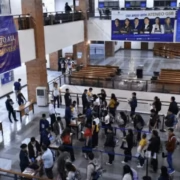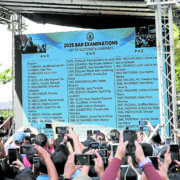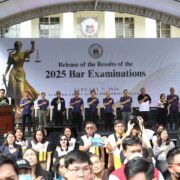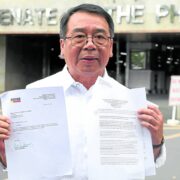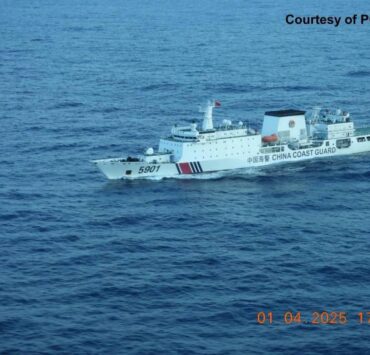NBI arrests 5 Pinoys offering bribe to free 12 Chinese
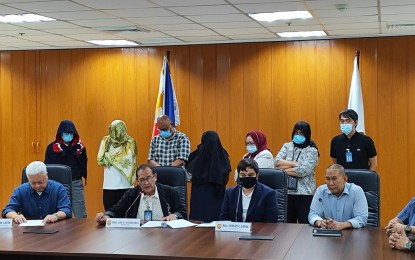
Five Filipinos have been arrested after they tried to bribe operatives of the National Bureau of Investigation who caught 12 Chinese nationals operating a scam hub in Tambo, Parañaque City, last week.
The NBI said on Tuesday that operatives of its Cybercrime Division (CCD) and Special Task Force (STF) discovered the scam hub while assisting officers from the Bureau of Immigration (BI) who were investigating foreigners who had been arrested on Jan. 8 for violating the terms of their stay.
“While the BI officers were verifying the identities of the foreign nationals, CCD and STF operatives coincidentally witnessed a fully operational office setup of a scam hub, which clearly shows that the individuals inside were engaged in scamming activities,” the NBI said in a statement.
The 12 Chinese nationals were found to be involved in scamming activities, including romance or love scams, cryptocurrency scams and fake investment schemes.
They were identified as Xu Chao, Meng Wei Shi, Xing Chao, Qin Hai Feng, Li Xiang Hua, Zhang Wei, Wang Qin Xiang, Wang Jia Fa, Jiang Qi Long, Luo Shang Fen, Qixin Wang and Chen Jiang Song.
But before the NBI could bring them to its office, a Chinese Filipino identified as Ezechiel Bernales volunteered to accompany the suspects, saying he was their interpreter.
Bernales also told the NBI operatives that two of the suspects, Wang Qin Xiang and Qixin Wang, were willing to pay P3.6 million in exchange for their release, or P300,000 each for all 12 Chinese.
The operatives pretended to agree to the exchange while planning an entrapment operation that was carried out on Jan. 10, leading to the arrest of four other Filipinos who went to the NBI office.
They were Robustiano Hizon, who handed over P900,000 as part of the bribe money, along with John Abunda Villanueva, Kristoffer Ryan Habelito Baguna and Hanif Mala Bautil.
The Filipinos face corruption charges while the Chinese nationals are accused of computer-related forgery under the Cybercrime Prevention Act of 2012 as well as social engineering schemes and economic sabotage under the Anti-Financial Account Scamming Act.


